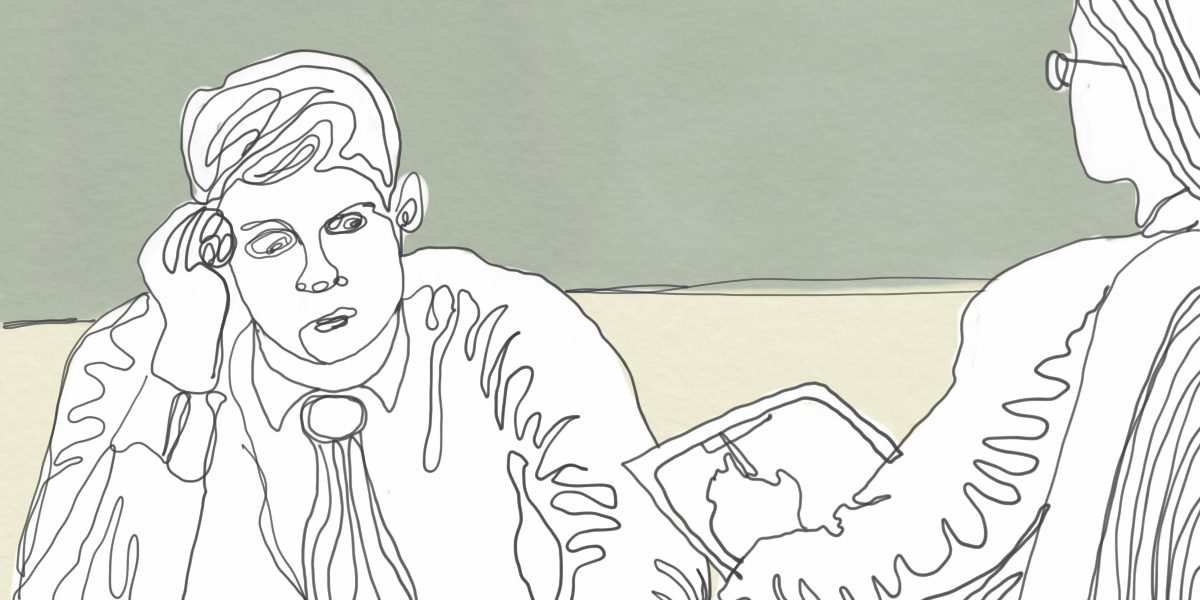It is particularly difficult for high-achieving professionals to seek help in the area of mental health. Their achievements and the attainment of success in their careers can often become a barrier in accepting help from external sources. When professionals struggle with depression, anxiety, grief, loneliness, trauma, relationship issues, addiction, or other life stressors, they believe they should be able to cope with it alone. They often attempt to overcome these personal problems the same way they would deal with obstacles in their career.
Common Reasons Professionals Avoid Getting Help:
- You may believe you could and should resolve things on your own
- You may believe reaching out for help means you are weak, inadequate, or even a failure
- You may believe “it’s not that bad yet”
- You may say “I’m too busy, I don’t have time”
- You may struggle with the stigma around mental health
- You may avoid seeking help since help often involves changing the way you think, feel or behave
- You may feel vulnerable and uncomfortable to share your struggles with someone else
- You may have difficulty trusting someone else who could help you
- You may fear that your professional persona may be compromised and you might lose your status, job or respect from colleagues.
- You may have difficulty knowing when, how and whom to ask for help
When help is avoided and struggles are hidden or dismissed, professionals often feel lonely and isolated. Some professionals may wear a mask and pretend that everything is normal when they are actually experiencing deep emotional pain. Often, professionals may cope by using alcohol or drugs or engage in other harmful behaviors.
6 Reasons to Seek Help Now:
- Asking for help is an act of courage that allows you to let go of the status quo and promote positive change in your life.
- It is a compassionate act that honors your essential nature.
- It is the difference between surviving and thriving.
- It involves finally letting go of a long-held truth (that is often handed down to us by others) and making space for a new truth that is intentional and authentic and enhancing to your life and vitality.
- The sooner you get help, the better is your chance of recovery. Don’t wait until there is a crisis.
- It’s an investment in you – the best one you could ever make.
Simple Ways to Ask For Help on a Daily Basis
- Reach out to a friend, family member, or a trusted person to share your struggles. Often, just confiding in someone about your struggles is liberating.
- Contact your Employee Assistance Program for a list of resources available to you.
- Stay connected with others. When you begin to isolate, it’s a sign that the problem is getting out of hand.
- Create work-life balance: ask your boss or coordinate with colleagues and business partners to take time off for self-care or treatment.
- Sometimes talking to friends and family is not sufficient. Ask for a referral from your doctor, clergyman or someone you trust for a mental health provider (psychiatrist, psychologist or a therapist).
Here are some ways to get in touch with The Lovett Center to learn more about our programs designed specially for professionals: https://thelovettcenter.com/contact/
Firoozeh Tuller is a Licensed Master Social Worker and psychotherapist. Firoozeh received her master’s degree in clinical social work at the University of Houston and completed her training at the Menninger Clinic. Firoozeh specializes in working with individuals with mood disorders, personality disorders, history of trauma, grief, anxiety, substance abuse or addiction. She also provides counseling to those struggling with interpersonal issues, spirituality, and self-exploration. Firoozeh offers psychotherapy services to individuals and groups.
In the past 15 years, Firoozeh studied psychodynamic treatment modalities, Cognitive Behavior Therapy, EMDR, mindfulness and body-based treatment approaches such as trauma sensitive yoga, Buddhist psychology, meditation and eastern philosophies. Her therapeutic approach naturally strives to integrate all aspects of the human phenomenon: mind, matter and spirit.
Firoozeh serves as the program manager of the professional cohort for Pathos Program, an Intensive Outpatient Program at the Lovett Center.










